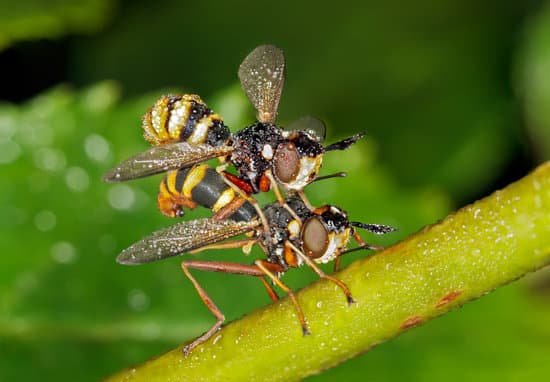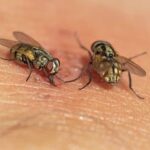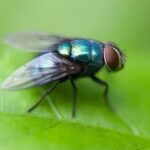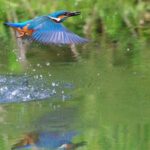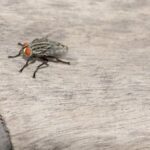Are Houseflies Useful?
Fly eggs hatch outdoors and can easily be brought into homes. The rotting organic matter in the home is often an ideal breeding ground for flies. Female flies can lay as many as 75 eggs at one time. Once hatched, the eggs will develop into maggots, which will feed on organic material. These larvae will eventually pupate into adult flies, which will live up to one month and lay hundreds of eggs. While they are not directly harmful to humans, their eggs can harbor pathogens and parasites.
While most people associate flies with disease and dirt, most flies actually play an important role in our ecosystems. In fact, the International Year of the Fly has been declared in 2019 to promote awareness about the role flies play in our ecosystems. Today, more than 100 000 species of flies have been identified, and recognizing their role in the ecosystem is vital to the wellbeing of humans and animals.
Houseflies are useful in that they serve as an excellent source of food for a number of other insects. Their soft proboscis and labella make them excellent pollinators, transferring pollen from one flower to another. While most bees will not visit a flower without nectar or a pleasant smell, flies are able to feed on these plants.
